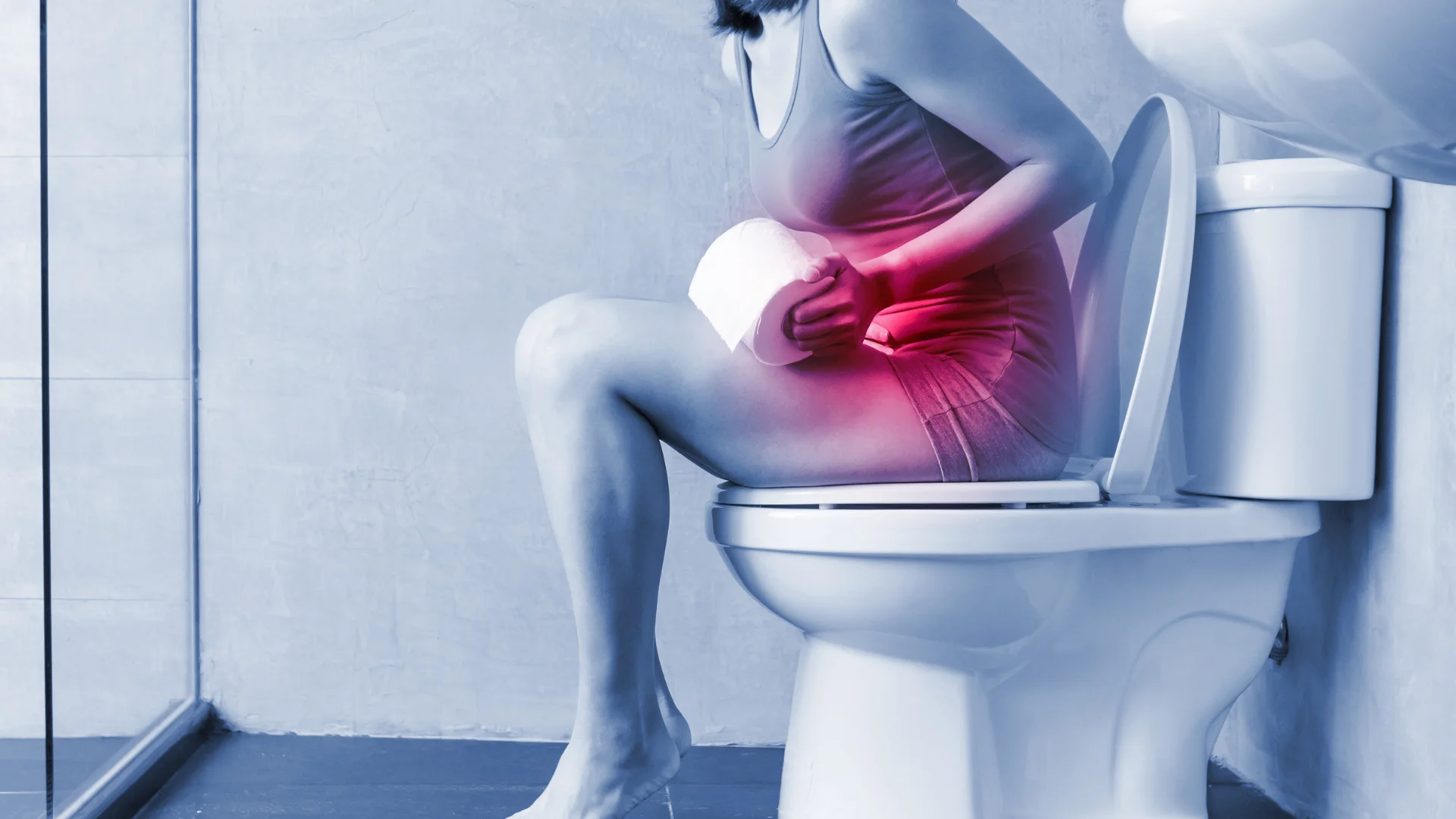
Understanding Constipation 🚽💥
Constipation is a common digestive concern that can interfere with daily life and well-being. While occasional difficulty in passing stool happens to most people, persistent constipation may indicate a need for lifestyle adjustments or medical attention.
What Is Constipation? 🤔
Constipation is more than just irregular bowel movements. It can involve:
Statistically, about 20–30% of people over age 60 experience constipation, and the prevalence increases with age. Women are more likely to be affected than men, with a ratio of 2:1. Constipation is also notably common in industrialized nations, likely due to modern dietary and lifestyle habits.
What Causes Constipation? 🔍
Constipation can result from several factors, ranging from lifestyle habits to medical conditions:
1. Lifestyle Factors:
2. Temporary Causes:
3. Medication Side Effects:
Certain medications can contribute to constipation, including: 💊
4. Underlying Medical Conditions:
When to See a Doctor? 👀
While occasional constipation is usually not serious, certain symptoms require prompt medical attention:
How Is Constipation Diagnosed? 🩺
A doctor may recommend a range of diagnostic tools to determine the cause of constipation.
1. Clinical Evaluation: Consultation with a gastroenterologist to discuss symptoms and medical history.
2. Imaging Tests:
3. Laboratory Tests:
4. Additional Specialized Tests:
How Is Constipation Treated? 💊
Treatment for constipation depends on its underlying cause and may include:
1. Addressing Root Causes:
2. Dietary and Lifestyle Changes:
3. Medications (When Necessary):
Preventing Constipation 🛡️
You can take steps to prevent constipation with a few mindful habits:
Why Timely Management Matters 💡
Taking steps to manage and prevent constipation improves overall health and reduces the likelihood of more serious conditions.
If you’re experiencing persistent constipation, don’t hesitate to consult a healthcare provider. Early intervention can make all the difference in maintaining digestive health and well-being.
🩺 Explore out our Check-Up Programs!
DISCLAIMER: The information presented on this page has been intentionally condensed and simplified to make it accessible and easier to understand for the general audience. Its purpose is solely to provide basic awareness and education on the topic discussed. It is important to note that this content is not exhaustive and does not replace or serve as a substitute for professional medical advice, diagnosis, or treatment. Readers are strongly advised to seek consultations with qualified healthcare professionals or specialists for accurate assessment, personalized guidance, and appropriate medical care. Relying solely on the information provided here, without professional oversight, may lead to misunderstandings or inadequate treatment.
Privacy policy
Copyright ©2025 Klinika Kajo. Designed By Vizional